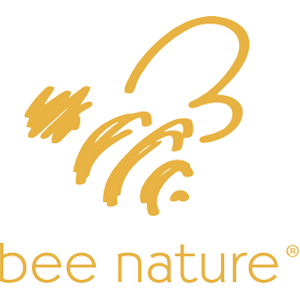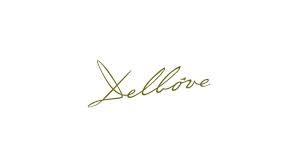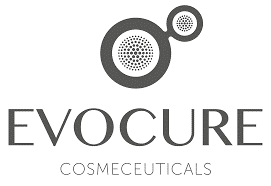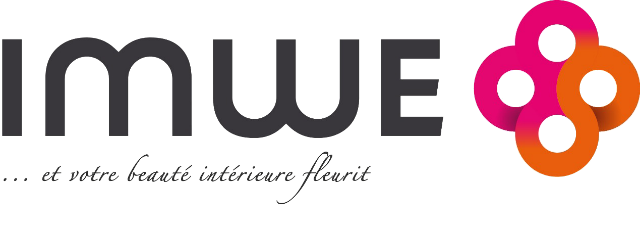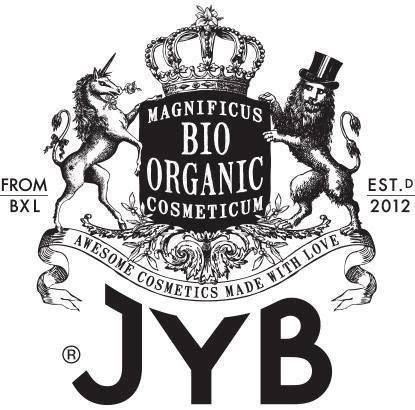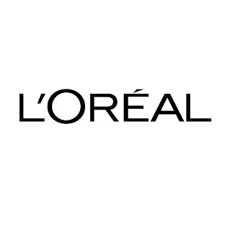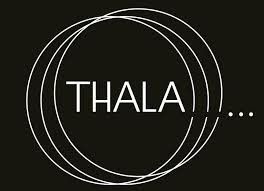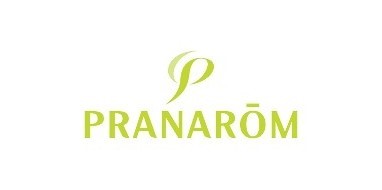Synthèse
The global cosmetics market has continued to grow, with Europe and the United States leading the charge, followed by China and Japan. Organic and natural cosmetics have seen a particular rise, indicative of consumer preference shifts towards more sustainable and health-conscious products. Despite a 4.8% decline in Belgian cosmetic sales, the organic segment within this market demonstrates resilience, hinting at consumer interest in eco-friendly alternatives.
In 2020, during the height of the COVID-19 pandemic, there was an increased demand for hygiene-related cosmetic products, while beauty-related items, such as perfumes and makeup, may have experienced a downturn. E-commerce has also seen growth for cosmetics, with 29% of Belgians purchasing these products online in 2020 – a notable increase from 15%. Major players, such as L'Oréal and Clarins Group, and Belgian specialists like Inula, have continued to compete and innovate within this dynamic market, emphasizing the importance of ecologically-minded practices and product traceability.
Belgian Market Insights: The Rise of Organic and Natural Cosmetics
In Belgium, the cosmetics market is witnessing a burgeoning interest in organic and eco-friendly products, reflecting a global trend toward more conscious consumerism. The "organic" segment, although still a niche, is expanding steadily within the overall cosmetics landscape. Here's an overview of some of the key demand trends and insights based on the comprehensive market study.
Embracing Natural and Organic Products Organic and natural cosmetics are growing in popularity, with consumers in Belgium and Luxembourg contributing to a market size that reflects a promising growth relay in a mature market. The Belgian sales of natural and organic cosmetics were approximately between €90 and €100 million.
Consumer Preferences and Profiles Belgian consumers' average spending on cosmetic products is distinctively high, with figures ranging between €170 and €190, which outpaces the European average. The trend leans towards healthy, environment-friendly products, recognizing a triad of consumer profiles: health-conscious, environmentally conscious, and those aware of risks associated with non-natural cosmetics. Women, particularly as they age, and millennials, with a strong environmental sensibility, are the primary consumer demographics for organic cosmetics.
The Influence of Trends and Social Media The demand for transparency in ingredient use, eco-friendliness, and products free from harmful chemicals is shaping market trends. The term "organic" is often conflated with "natural," "responsible," and "vegan," and brands are leveraging social media, particularly Instagram, as a potent promotion and engagement tool.
Pricing Perceptions and Barriers Despite the momentum, the organic cosmetics segment contends with consumer resistance due to perceived high prices, confusion around product labels, and doubts about product efficacy. Less than a quarter of Belgians seem willing to pay a premium for organic cosmetics, signaling price sensitivity as a potential barrier to wider adoption.
E-Commerce Growth The digital marketplace has become an increasingly popular channel for cosmetic purchases. In a marked shift propelled by the COVID-19 pandemic underscoring e-commerce's expanding role in the cosmetics industry.
Resilience Amidst Crisis The soap, perfume, and cleaning product sector in Belgium proved resilient against the backdrop of the COVID-19 crisis, with production bouncing back post the initial hit during stringent lockdown measures.
Distribution and Retail Channels Over half of the Prominent Contenders in the Belgian Organic Cosmetics Market the landscape of the organic cosmetics market in Belgium is a dynamic tapestry featuring both established multinational corporations and homegrown brands, each vying for consumer attention in a segment marked by an increasing demand for natural and environmentally friendly products.
- L'Oréal: The French cosmetics giant has made significant inroads into the organic market through acquisitions and the establishment of dedicated organic lines within its brands. With The Body Shop's reputation for ethical and natural products and the more recent launch of La Provençale Bio, L'Oréal has embraced the ethos of organic beauty. Its acquisition of Sanoflore has also allowed it to leverage Ecocert certification to appeal to eco-conscious consumers.
- Clarins Group: Known for its high-end skincare lines, Clarins has stepped into the organics arena with its Kibio brand. The group's commitment to crafting products that blend efficacy with natural formulation is evidenced in Kibio's Ecocert-certified offerings.
- Yves Rocher: As a pioneer in botanical beauty, Yves Rocher has long focused on natural ingredients. The company has continuously expanded its organic range, offering products that cater to consumers looking for beauty options grounded in plant-based sourcing and ecological responsibility.
- Lush: Hailing from the UK, Lush has made a splash on the Belgian market with its fresh, handmade cosmetics that emphasize ethical sourcing, vegetarian formulations, and staunch opposition to animal testing. Known for their colorful bath bombs and solid shampoos, Lush's stores offer a sensorial experience aligned with organic principles.
- Inula (formerly Pranarôm): This Belgian company, headquartered in the Wallonia region, brings a scientific approach to its essential oils and aromatherapy products. Their organic ranges under the Pranarôm brand reflect a commitment to purity and quality.
- Bee Nature: Truly Belgian at its core, Bee Nature harnesses the beneficial properties of honey in its natural skincare line. The company's adherence to Slow Cosmetic principles underscores its dedication to sustainability and ecological balance.
- BelleBulle: Crafting artisanal cosmetics, BelleBulle distinguishes itself with products that are not just organic but are handmade with care in Belgium, ensuring a high degree of quality control and a personal touch.
- Delbôve: Specializing in high-end beauty creams and serums, Delbôve combines luxury with natural formulation. Its organic offerings cater to a market segment seeking both efficacy and ethical product sourcing.
à la compréhension de ce marché
Détail du contenu
 Informations
Informations
- Nombre de pages : 30 pages
- Format : Version digitale et PDF
- Dernière mise à jour : 14/12/2021
 Sommaire et extraits
Sommaire et extraits
1 Market overview
1.1 Definition and scope of the study
The cosmetic products are beauty or care products belonging to 5 main categories:
- toiletries (soaps, shower gels, deodorants, toothpaste, etc.),
- skin care (creams, lotions...),
- hair care (shampoos, masks, dyes, oils...),
- make-up (powders, foundations, lipsticks, eyeshadows...),
- fragrances and perfumes (eau de toilette, perfumes...)
He there are several grey areas regarding the use of the term "organic" terminology, consumers often confuse natural products with organic products . The main criteria for being "organic" include the absence of certain potentially harmful chemicals ( parabens, phthalates, aluminium salts, petrochemicals, etc.) or the presence of at least 90% organic ingredients (this percentage may vary) These products are certified by various private labels (and not the European label which only concerns food products) which ensure that these products respect several criteria
The the world market is booming The big cosmetic groups such as L'Oréal are increasingly proposing organic products, or even brands. Organic" is a way to renew certain product ranges and gain consumer confidence. The trust is indeed key to gain market shares, hence the multiplication of different labels or the marketing of independent brands in specific distribution channels such as specialty retailers. It should also include the success of the online sale This is a real growth driver for small and large players alike
In Belgium, the cosmetics sales fell by more than 4% between 2018 and 2019 in value terms However, the "organic" segment is still growing. The organic segment is perceived by the players as an interesting growth relay in a rather mature market. Among the main players, the major cosmetics groups such as L'Oréal , Clarins or even Yves Rocher compete with various Belgian brands specialising in the organic segment
 Liste des graphiques
Liste des graphiques
- Comparaison des ventes de cosmétiques dans les principaux marchés mondiaux
- Consommation des belges en produits cosmétiques et de soins personnels en valeur
- Commerce extérieur de produits chimiques organiques
- Commerce extérieur d'huiles essentielles et résinoïdes, de produits de parfumerie ou de toilette préparés et préparations cosmétiques
- Consommation des belges par catégories de produits cosmétiques
Toutes nos études sont disponible en ligne et en PDF
Nous vous proposons de consulter un exemple de notre travail d'étude sur un autre marché !
Dernières actualités
Entreprises citées dans cette étude
Cette étude contient un panorama complet des entreprises du marché avec les derniers chiffres et actualités de chaque entreprise :
 Choisir cette étude c'est :
Choisir cette étude c'est :
Accéder à plus de 35 heures de travail
Nos études sont le résultat de plus de 35 heures de recherches et d'analyses. Utiliser nos études vous permet de consacrer plus de temps et de valeur ajoutée à vos projets.
Profiter de 6 années d'expérience et de plus de 1500 études sectorielles déjà produites
Notre expertise nous permet de produire des études complètes dans tous les secteurs, y compris des marchés de niche ou naissants.
Notre savoir-faire et notre méthodologie nous permet de produire des études avec un rapport qualité-prix unique
Accéder à plusieurs milliers d'articles et données payantes
Businesscoot a accès à l'ensemble de la presse économique payante ainsi qu'à des bases de données exclusives pour réaliser ses études de marché (+ 30 000 articles et sources privées).
Afin d'enrichir nos études, nos analystes utilisent également des indicateurs web (semrush, trends…) pour identifier les tendances sur un marché et les stratégies des entreprises. (Consulter nos sources payantes)
Un accompagnement garanti après votre achat
Une équipe dédiée au service après-vente, pour vous garantir un niveau de satisfaction élevé. (+33) 9 70 46 55 00
Un format digital pensé pour nos utilisateurs
Vous accédez à un PDF mais aussi à une version digitale pensée pour nos clients. Cette version vous permet d’accéder aux sources, aux données au format Excel et aux graphiques. Le contenu de l'étude peut ainsi être facilement récupéré et adapté pour vos supports.
 Nos offres :
Nos offres :
the organic cosmetics market | Belgium
- Quels sont les chiffres sur la taille et la croissance du marché ?
- Quels leviers tirent la croissance du marché et leur évolution ?
- Quel est le positionnement des entreprises sur la chaine de valeur ?
- Comment se différencient les entreprises du marché ?
- Données issues de plusieurs dizaines de bases de données
- 03/04/2024 - Mise à jour des données financières de l'entreprise Pranarôm (Inula Groupe)
- 02/01/2024 - Mise à jour des données financières de l'entreprise Pranarôm (Inula Groupe)
- 01/10/2023 - Mise à jour des données financières de l'entreprise Pranarôm (Inula Groupe)
- 04/06/2023 - Mise à jour des données financières de l'entreprise Pranarôm (Inula Groupe)
- 26/02/2023 - Mise à jour des données financières de l'entreprise Rocher Groupe (Yves Rocher)
- 21/02/2023 - Mise à jour des données financières de l'entreprise Clarins Groupe





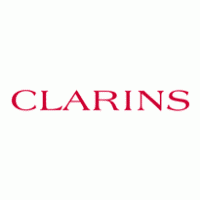 Clarins mise sur ses boutiques pour grandir aux États-Unis et en Chine - 05/04/2024
Clarins mise sur ses boutiques pour grandir aux États-Unis et en Chine - 05/04/2024
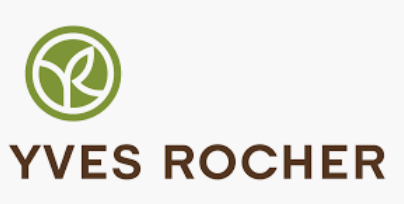 Reconnaissance de la stratégie bas carbone de Groupe Rocher par l'ESSEC - 15/02/2024
Reconnaissance de la stratégie bas carbone de Groupe Rocher par l'ESSEC - 15/02/2024
